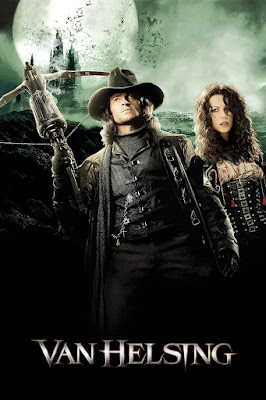Long time no see!
Something I noticed a few days ago that has been bugging me to no end is how in Trad games, mainly D&D, there seems to be a problem with fights that are stagnant. The fighter rocks up to the opposing Orc and they stand there fighting until either one of them is dead or retreating. Compare this to all the best sword fights in movies you've seen. I'll link the famous Princess Bride duel, though doubtless you've seen it.
Look at the way they move around the battlefield, all while remaining engaged with each other. I want to replicate this in my combats. I have devised a system to solve my problems, inspired by Trespasser, Dungeon Crawl Classics, and Mythras. While designing I had these design principles:
1. Can be bolted onto an existing system with little effort2. Rewards the use of maneuvers
3. Encourages movement around the battlefield between those in melee
4. Does not significantly slow combat
Without further ado here are the rules, with design commentary at the bottom.
Strong Hits:
When you hit an enemies armor class or above and your die roll is even, you can confer extra benefits on top of your damage roll. Choose one:
- Add +1 damage to the damage roll
- Control the battle: Go on the offensive and move the battle somewhere else on the battlefield within reason.
- Attempt a maneuver: name a maneuver you would like to attempt that your GM agrees to. Then roll the attack dice again, if you succeed, the maneuver works. Eg. Knock a sword out of someone's hand, kick them off a cliff, etc.
- Disengage: Move away from the enemy combatant, this does not provoke an attack of opportunity.*
First, why the decision to make strong hits on a hit + even dice roll? For this I can thank Trespasser for the inspiration, where even dice rolls confer additional effects. I like this because it means these effects are going off 50% of the time an attacker succeeds, which means they happen often but cannot fully be relied upon.
- The simple +1 damage is a back up plan, for when there is nowhere useful to move to and no maneuver an attack wants to use. It is only 1 damage because I want to encourage the use of the other options. It is also an easy option for most unintelligent monsters to pick.
- This was the inspiration for the whole subsystem. By controlling the battle you can position yourself into an advantageous position or your enemy into a perilous one. For example jumping up onto a rock to gain the high ground, or inching an enemies back up against the edge of a cliff.
- These are pretty standard maneuver rules. It is worth noting in these rules, you can still attempt to do maneuvers without getting a strong hit, only it takes your action. This may still be worth it in some cases, as you'd only need to succeed one roll, instead of succeeding an attack with an even number, then succeeding a second roll.
- *While attacks of opportunity may seem counterproductive if my goal is to increase the amount of movement in combat, without it my system falls apart somewhat. Since in this system you can force movement on your opponent there needs to be an incentive not to immediately undo that movement. For example if you push back your foe to the edge of a cliff, without a reason to stay in that spot, your foe can simply move away from the cliffside. they may be more likely to stay there and fight if the threat of an attack of opportunity is eminent. Attacks of Opportunity do not activate Strong Hits.



.png)